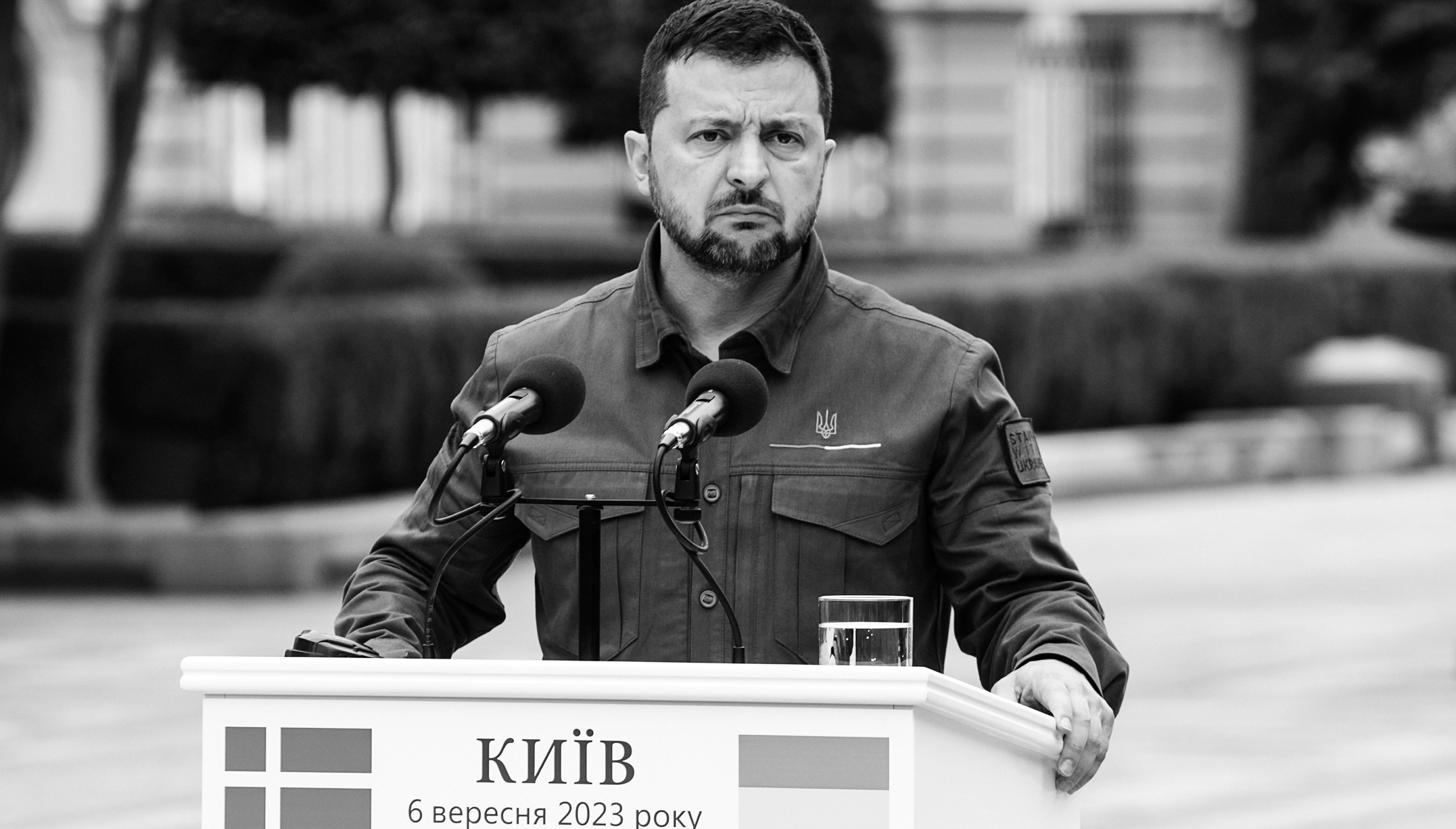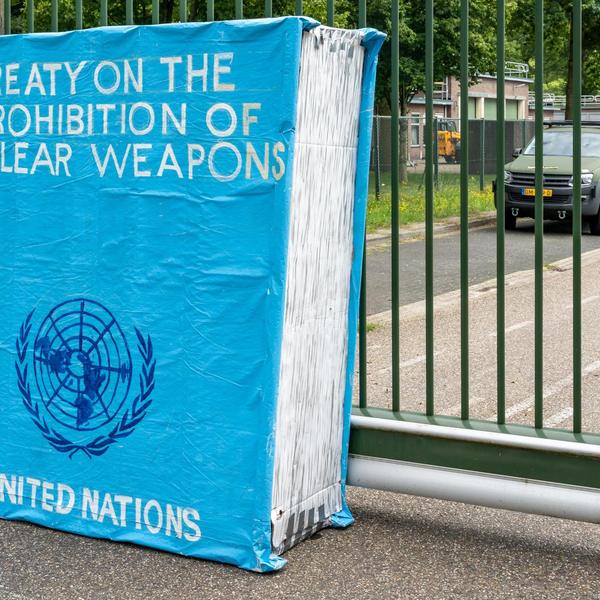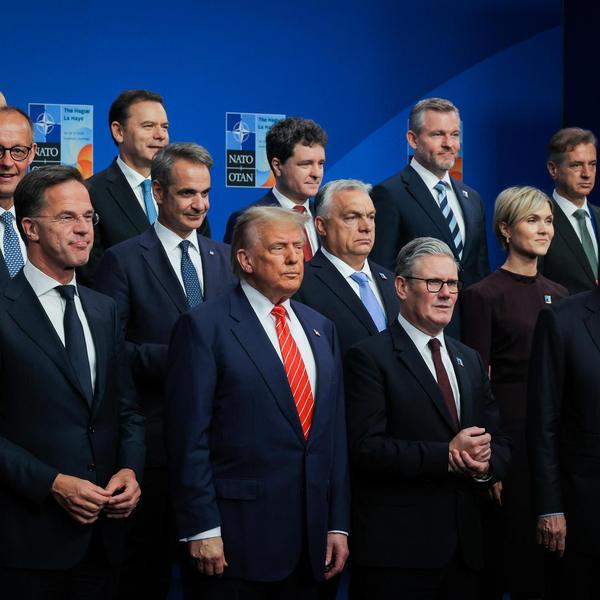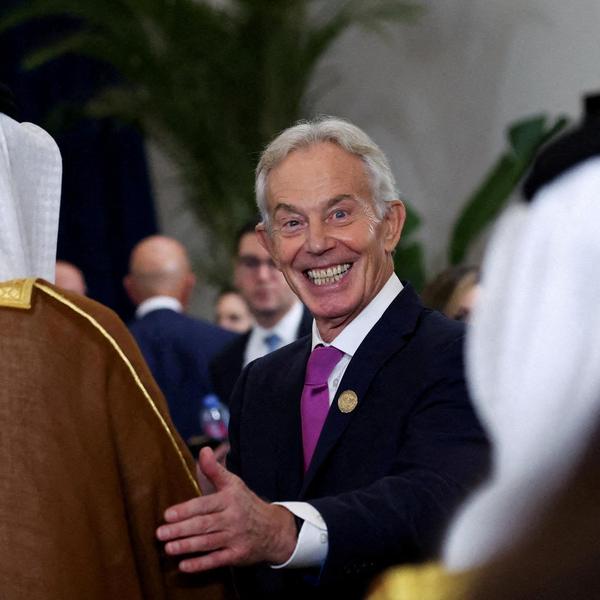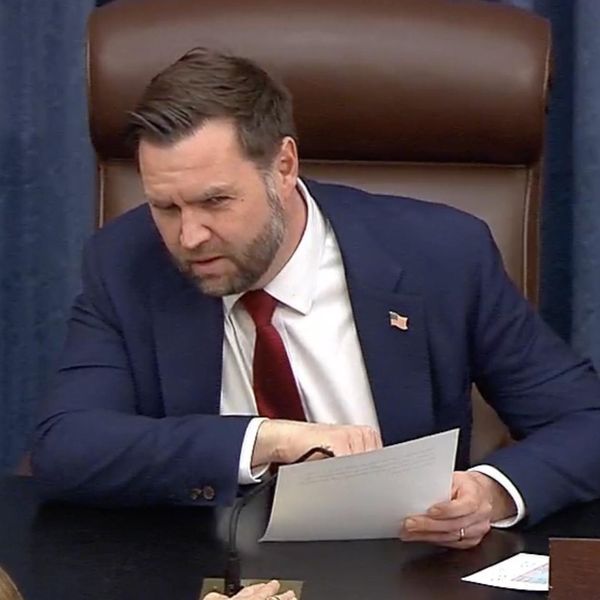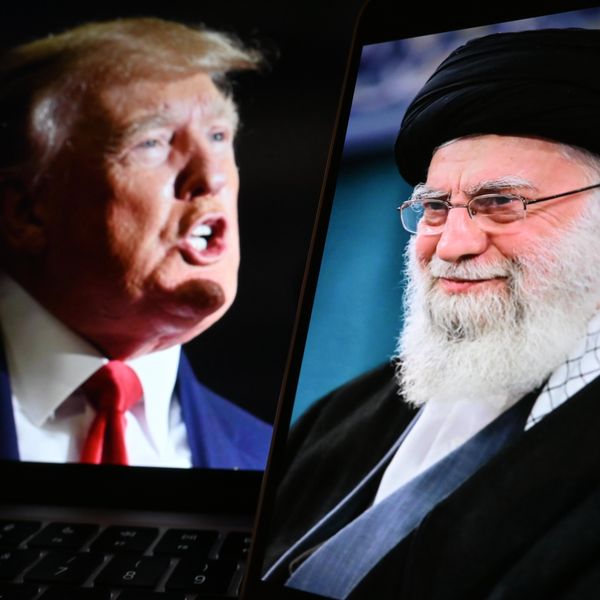Since the Russia-Ukraine war began over 20 months ago, Western media has constructed and dutifully hewn to a series of narratives: Volodymyr Zelensky is a war hero and resistance leader akin to Winston Churchill. Ukrainians are eager to volunteer for the war effort while Russians flee conscription. More money and weapons are all the Ukrainians need to retake the territory Russia has annexed. The West’s interests lie in helping them achieve that grand victory rather than in pushing for a ceasefire and negotiated settlement.
Facts at odds with these narratives — such as that Ukraine has been taking unsustainable losses in combat, that we don’t have enough artillery shells to adequately supply them, that the billions we’ve been sending to Ukraine are falling prey to corruption — have been dismissed as “Putin talking points.” The critics who point them out are attacked as Kremlin apologists.
All of which is why it was so extraordinary to read this week’s cover story in TIME magazine.
Written by Simon Shuster, who previously wrote the article naming Zelensky TIME's “Person of the Year” at the end of 2022, the piece is ostensibly another hagiography of Zelensky as the heroic figure forced to go it alone as times get tough and Western allies start to “abandon” him. But rather than shoring up Zelensky’s standing in the West, it validates many of the criticisms made by those supposed Putin apologists. Only now those criticisms are being voiced by Zelensky’s own aides and advisers inside the presidential palace.
The narrative dam our media has built around the reality in Ukraine is apparently breaking wide open, and the truth is finally spilling out:
- Ukraine’s war aims are unrealistic. Kyiv has long maintained that its definition of victory, namely the retaking of all Ukrainian territory including Crimea, is achievable with Western arms and money. Now a disastrous summer counteroffensive, which has resulted in horrific Ukrainian casualties while reclaiming negligible amounts of territory, has Zelensky’s advisers reconsidering whether those aims are realistic. Yet Zelensky’s belief in ultimate victory over Russia has only “hardened into a form that worries some of his advisors,” according to Shuster, who describes Zelensky’s faith as “immovable, verging on the messianic.” One of Zelensky’s closest aides tells Shuster that, “He is delusional. We’re out of options. We’re not winning. But try telling him that.” This of course runs counter to all the propaganda pumped out by Ukraine and repeated by Western media sources. But increasingly it’s only Zelensky who still believes his own press clippings.
- Staggering casualties have decimated the Ukrainian army. Ukraine has refused to disclose casualty counts throughout the war, dismissing the increasingly-credible reports of hundreds of thousands of Ukrainian casualties as Russian propaganda. But another close aide to Zelensky tells Shuster that casualties are so horrific that “even if the U.S. and its allies come through with all the weapons they have pledged, ‘we don’t have the men to use them.’” Shuster reports that, “In some branches of the military, the shortage of personnel has become even more dire than the deficit in arms and ammunition.” According to the article, the average age of a currently-serving Ukrainian soldier is 43 and getting older all the time. It appears the youth have already been sacrificed.
- Conscription policies are draconian. Another fact dismissed as a “Putin talking point” is that Ukrainians have had to resort to ever-more draconian conscription policies to replenish their military’s ranks. Shuster lays out the unpleasant reality: “New recruitment is way down. As conscription efforts have intensified across the country, stories are spreading on social media of draft officers pulling men off trains and buses and sending them to the front. Those with means sometimes bribe their way out of service, often by paying for a medical exemption.” The corruption became so widespread that Zelensky fired the heads of all the regional draft offices in August, but the move backfired as lack of leadership brought new recruitment nearly to a halt.
- Morale is collapsing. Even patriots don’t want to die serving as canon fodder for a doomed military strategy. Within the officer ranks, there is growing dissension bordering on mutiny. One close Zelensky aide complained to Shuster that some front-line commanders have begun refusing orders to advance even when they come directly from the office of the president. When Shuster asked a senior military officer about those complaints, the officer said that some officers have no choice but to refuse orders that are simply impossible. He told a story about an order in early October to “retake” the city of Horlivka, a “strategic outpost” in Eastern Ukraine that’s been under Russian control for almost a decade. “The answer came in the form of a question,” writes Shuster. “With what?” With no recruits and no artillery, Zelensky’s dreams of driving the Russians from every inch of Ukrainian territory cannot be achieved. He can only fight futilely to the last Ukrainian, and there is a diminishing number of Ukrainians willing to die in service of that strategy.
- Corruption is uncontrollable. It has long been a “Putin talking point” that Ukraine’s government was shot through with corruption. And yet Zelensky has been getting an earful about exactly that from its U.S. and NATO allies, who don’t want to see their billions of dollars in aid disappear into the pockets of corrupt officials. Zelensky has taken some actions, like the sacking of his Minister of Defense Oleksiy Reznikov for corrupt procurement practices. But to really root out corruption, Zelensky will have to fire most of his government. A top presidential adviser admitted as much to Shuster once his audio recorder had been shut off: “People are stealing like there is no tomorrow.”
“Nobody believes in our victory like I do,” Zelensky told TIME in what became the pull quote for this cover story. He may have to read Shuster’s piece to see just how right he is, as he seems surrounded by aides who no longer believe in Ukraine’s war strategy or Zelensky’s leadership of it.
Zelensky no doubt intended the quote as a Churchillian “never surrender” exhortation to courage and resolve in the face of Ukraine’s “darkest hour” rather than as an admission of delusional optimism. Yet his dogmatic insistence on total victory and refusal to consider peace negotiations belie a loss of touch with reality that ought to worry both his countrymen and allies.
To be sure, Zelensky is not alone in his refusal to face reality. The Biden administration has proposed another $61 billion for Ukraine’s war effort without explaining how this will produce a different result than the $100+ billion already appropriated. Undoubtedly Zelensky’s optimism was fueled by Biden’s repeated promises of total support for "as long as it takes." But it’s becoming increasingly clear that the U.S. is in no position to deliver on that promise indefinitely. It has too many other global commitments, including to Israel, which compete for limited resources.
Alone among his team, Zelensky seems not to understand how circumstances have changed. Shuster and TIME try their best to portray him as the last stalwart of the Ukrainian cause, but the fact that his own inner circle is the source of the torrent of revelations and complaints suggests that his immovability owes not to Churchillian resolve but rather to an impervious bunker mentality.
- Are US officials signaling a new ‘forever war’ in Ukraine? ›
- Munich Dispatch: After Adiivka, Zelensky insists Russians are losing | Responsible Statecraft ›
- Diplomacy Watch: Zelensky says discussion of negotiations ‘not relevant’ | Responsible Statecraft ›

